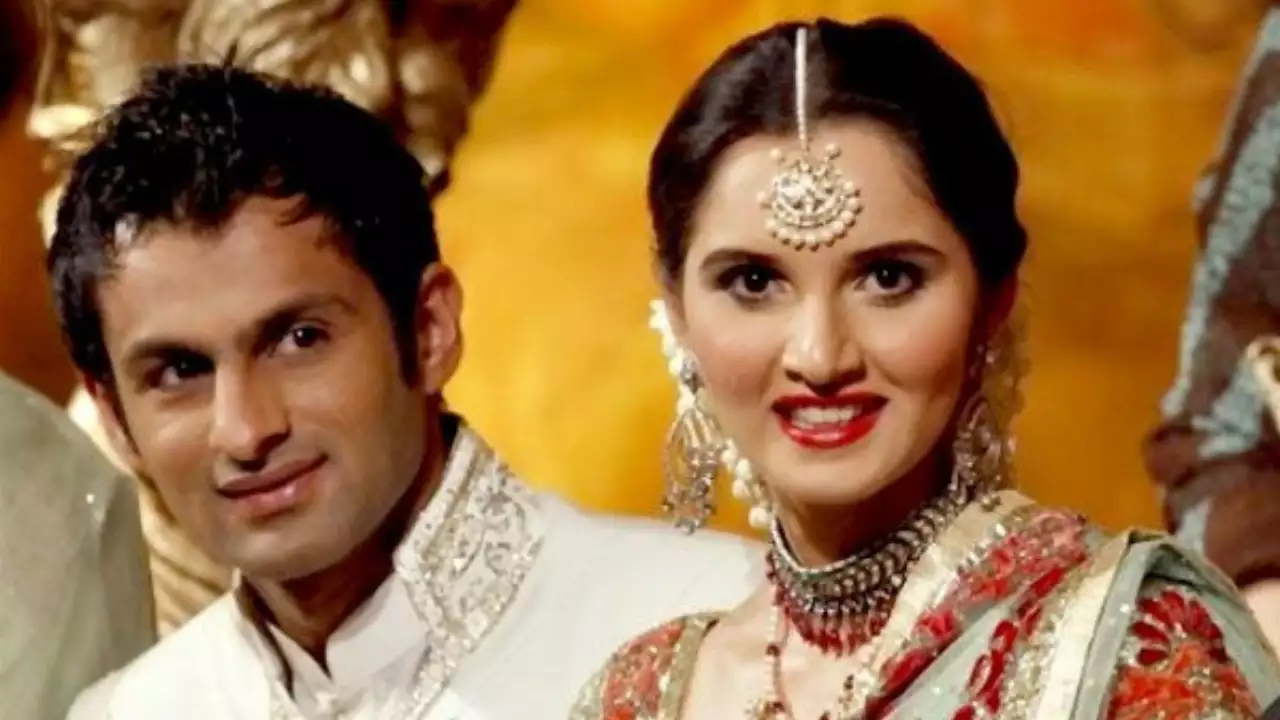The Indian and Pakistani sports communities were left in shock as cricketer Shoaib Malik announced his marriage to Pakistani actress Sana Javed on Saturday on social media. The revelation confirmed longstanding rumours about trouble in Shoaib’s marriage to Indian tennis star Sania Mirza.
Thank you for reading this post, don't forget to subscribe!While divorce speculations circulated for months, Shoaib’s post ended the ambiguity surrounding their relationship. Later, in a conversation with PTI, Sania Mirza’s father, Imran Mirza, confirmed that his daughter had opted for a ‘khula’ from the cricketer. “It was a ‘khula.’ I do not wish to comment beyond this,” he stated.
What is a Khula?
ALSO READ | U19 World Cup 2024: Defending champions India make winning start with 84-run win over Bangladesh
Khula is a Muslim woman’s right to unilaterally seek a divorce. In Islam, it grants women the option to terminate a marriage. After separation, the husband remains responsible for the education and financial support of the children, who typically reside with the mother until reaching a certain age.
Wives may seek Khula for various reasons, such as abuse, neglect, irreconcilable differences, financial neglect, prolonged absence of the husband, emotional dissatisfaction, or differing life goals.
In a khula, the wife typically makes a formal request to the husband for the dissolution of the marriage. The husband has the right to agree to the khula or negotiate terms, which may include financial arrangements, return of dowry, or other conditions. Once an agreement is reached, the marriage is considered dissolved.
Similar to talaq, there is a waiting period, known as ‘iddah, in the case of khula. The ‘iddah period serves various purposes, including determining if the wife is pregnant and providing time for reflection and potential reconciliation. During the ‘iddah period, the wife cannot remarry.
Khula is rooted in Islamic jurisprudence and is considered a right granted to women to protect their well-being and provide them with the means to seek a divorce when necessary. The process aims to ensure fairness and equity in the dissolution of the marital contract. The specifics of khula may vary based on cultural practices and interpretations within different schools of Islamic thought.
How is it different from talaaq?
Talaaq, also spelt as talaq or talaqah, is an Arabic term that refers to divorce in Islamic law. It is a legal and religious procedure by which a Muslim man can unilaterally end his marriage by pronouncing the word “talaq” three times. This is known as the triple talaq.
In Islamic jurisprudence, the husband initiates the divorce by verbally stating “talaq” three times, either in a single sitting or over an extended period, adhering to certain rules and waiting periods. After the pronouncement of each talaq, there is an obligatory waiting period known as ‘iddah, during which the wife cannot remarry. The purpose of ‘iddah is to ascertain if the wife is pregnant and to allow time for reconciliation.
It’s important to note that while talaq is permissible in Islam, the process and conditions surrounding it are subject to interpretations and vary among different schools of Islamic jurisprudence. Additionally, there are ongoing discussions and reforms in various Muslim-majority countries regarding the legal procedures and implications of talaq, especially in cases of triple talaq, to ensure fairness and protection of the rights of women.
Shoaib and Sania tied the knot in Hyderabad in April 2010 and used to live in Dubai.
You can now write for Baazigarnews.com and be a part of the Baazigar family. Share your stories and opinions with us here.






